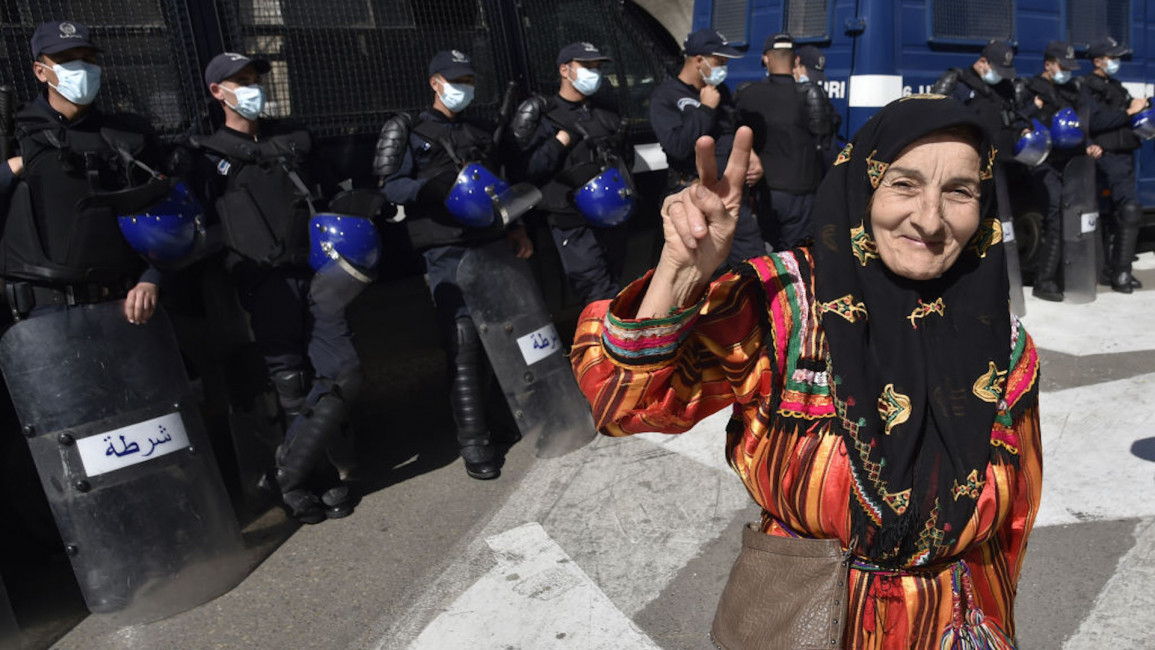Italian Member of European Parliament accuses Algeria of oppressing Amazigh ethnic group
Italian MEP Massimiliano Salini presented a letter to the European Parliament on Monday, accusing the Algerian government of “suppressing” the Amazigh indigenous group in the region of Kabylie, who have been engaging in continuous anti-state protests.
Salini's letter, which was addressed to the vice-president of the European Commission and the high representative of the Union for Foreign Affairs and Security Policy read: “The Algerian Government is increasing its grip and is conducting acts of suppression using emergency lockdown measures.”
The letter, dated June 29, highlighted the "numerous protests" expressing "discontent due to limits on freedom of expression and religion" in Kabylie, which is populated by Berber-speaking Amazighi people, some of whom have long demanded autonomy within Algeria or even independence.
Salini, who is a member of former Italian prime minister Silvio Berlusconi’s right-wing Forza Italia party, expressed worries that the repercussions of the unrest in Algeria might affect Europe. He also cited Turkey’s intervention in the Libyan conflict as a threat to the stability of Europe.
Since the outbreak of Covid-19, the Algerian government has passed two laws endangering the freedoms of the Amazigh peoples, according to Minority Rights Group International.
The Congrès Mondial Amazigh (World Amazigh Congress), a body representing indigenous peoples, has expressed its concerns over these laws saying activitsts could face up to to seven years in prison for their work.
They communicated their concerns to several UN bodies saying the laws are “very dangerous for the Amazighs because it can be used to prevent them from receiving contributions from their brothers living abroad (to support initiatives such as those to face the Covid-19 emergency), thus striking a blow against the lifestyle and spirit of solidarity that is part of their culture.”
Hundreds of protesters and activists have been arrested and persecuted under laws passed on April 22, which have severely restricted the freedom of Algerians to speak out against the state.
In 2016 the Mak-Anavad movement was formed which fuelled the movement for the autonomy of the Kabylie people and “rejected the authority of the government.”
The Amazigh peoples, also known as Berbers, live throughout the Atlas Mountains of Algeria and Morocco. They have often received attempts at Arabization by the Algerian state with hostility. In 1963, the Amazigh of Kabylie launched a failed insurrection against the Algerian state, which had won independence from France the previous year. Many Amazigh have immigrated abroad due to the 1992-1997 Algerian Civil War and government repression.
Follow us on Facebook, Twitter and Instagram to stay connected



